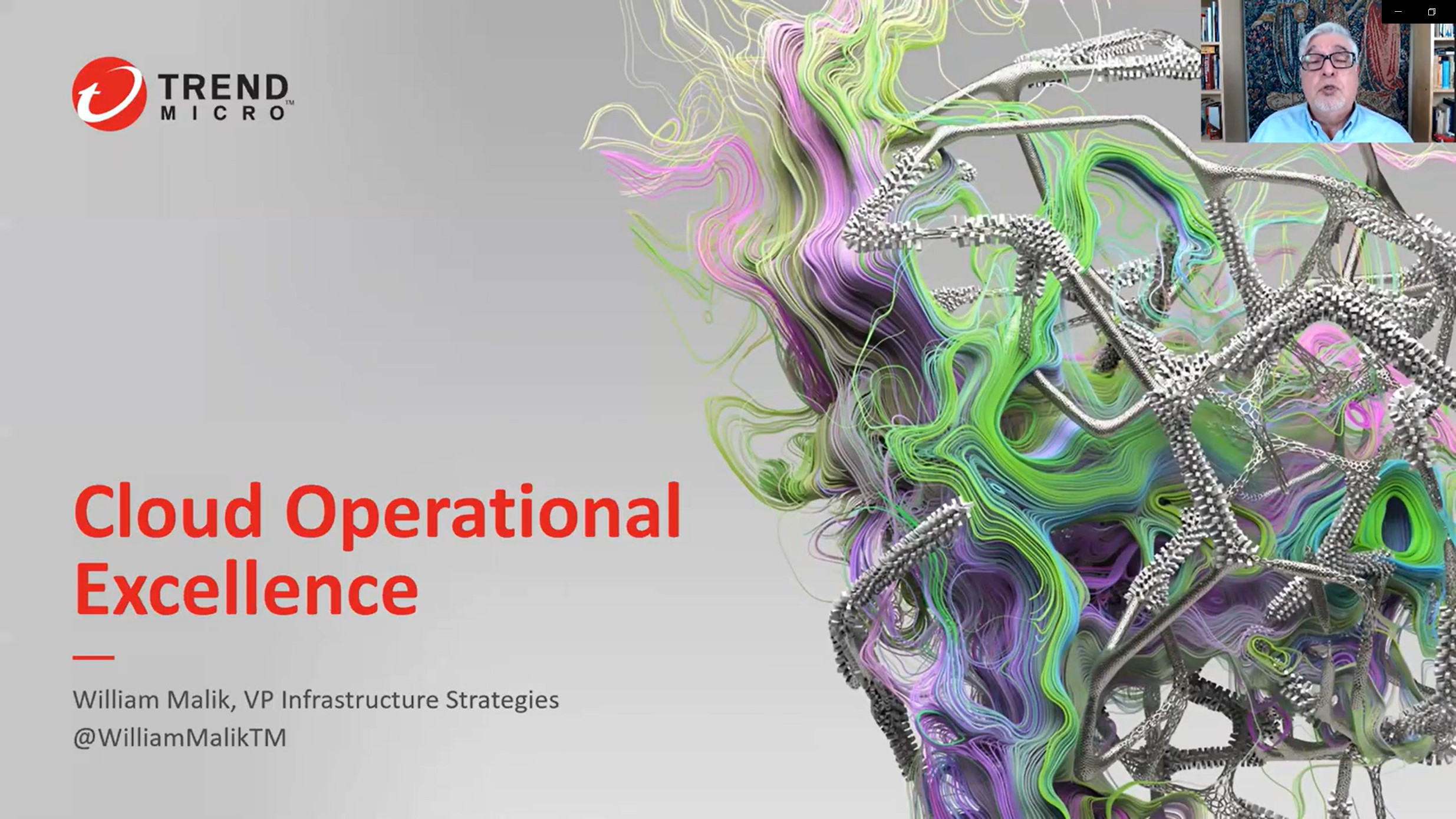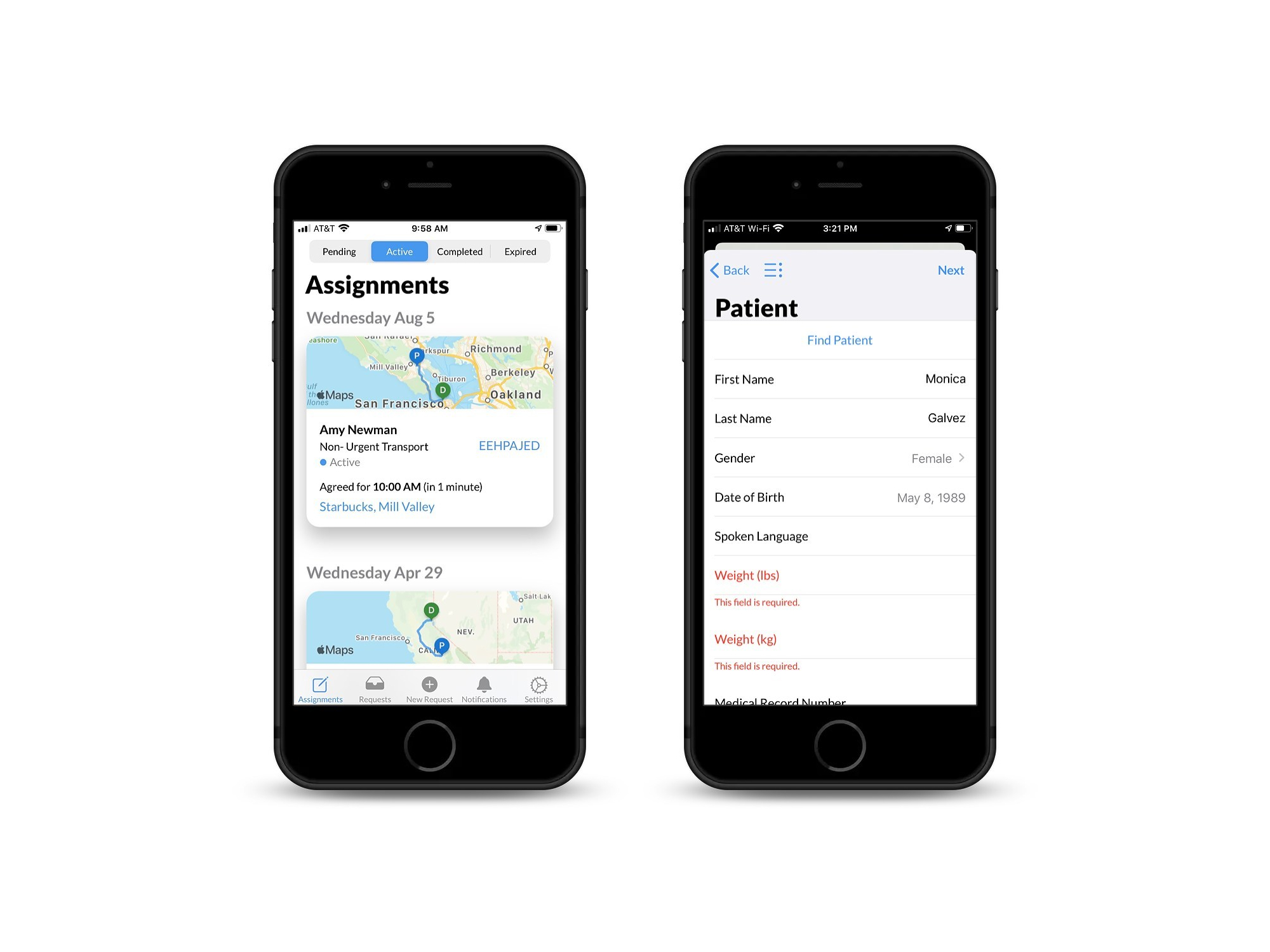AWS launches HealthLake to help health care organizations query medical data
Cloud-based services and solutions could personalize patient care and bring new therapies to market


AWS has made its cloud-based health care data lake solution, Amazon HealthLake, generally available to customers, enabling health care organizations to pull medical information from different sources into a single environment and use it to improve patient care.
With the solution, the tech giant wants to end the enormous spread of medical data across various applications and other systems.
Various patient medical information, such as clinical notes, lab results, and insurance information, is often housed in separate databases. This makes it extremely difficult for health care professionals to get a complete overview of a patient’s information. Moreover, collecting this information takes a lot of time.
With HealthLake, this could be a thing of the past, as it merges all patient data into a single data repository. In concrete terms, the solution offers a collection of connectors that automatically import records from commonly used health applications. When these records are in the data repository, algorithms based on natural language processing ensure the data is organized. This makes it easier to work with, according to AWS.
The algorithms scan medical documentation, such as clinical notes, and extract patient information. Then, Amazon HealthLake indexes this information and offers it as search pages in a search engine, adapting the raw data into easily searchable data. The ultimate result is doctors can search patient information faster than manually scrolling through all the information.
Additionally, Amazon HealthLake makes it possible to move the combined patient data to other systems for further processing. For this purpose, the data is stored in the industry-standard FHIR. The moving process takes place with a separate API that AWS provides in its Amazon product.
AWS also aims to provide added services to health care customers within the solution. This includes providing artificial intelligence (AI) services to improve patient care. AI can automate tasks, such as making medical diagnoses and planning treatment trajectories. AI can also provide general recommendations.
Get the ITPro daily newsletter
Sign up today and you will receive a free copy of our Future Focus 2025 report - the leading guidance on AI, cybersecurity and other IT challenges as per 700+ senior executives
The underlying infrastructure of the Amazon HealthLake solution is fully managed by AWS. IT specialists from health care institutions only need to create a new data store. This data store is fully operational within minutes, the tech giant indicates. AWS handles the management, configuration and setup of the underlying infrastructure.
RELATED RESOURCE

Cloud operational excellence
Everything you need to know about optimising your cloud operations
“More and more of our customers in the healthcare and life sciences space are looking to organize and make sense of their reams of data, but are finding this process challenging and cumbersome,” said Swami Sivasubramanian, vice president of Amazon Machine Learning for AWS.
“We built Amazon HealthLake to remove this heavy lifting for healthcare organizations so they can transform health data in the cloud in minutes and begin analyzing that information securely at scale. Alongside AWS for Health, we’re excited about how Amazon HealthLake can help medical providers, health insurers, and pharmaceutical companies provide patients and populations with data-driven, personalized, and predictive care.”
Rene Millman is a freelance writer and broadcaster who covers cybersecurity, AI, IoT, and the cloud. He also works as a contributing analyst at GigaOm and has previously worked as an analyst for Gartner covering the infrastructure market. He has made numerous television appearances to give his views and expertise on technology trends and companies that affect and shape our lives. You can follow Rene Millman on Twitter.
-
 Why keeping track of AI assistants can be a tricky business
Why keeping track of AI assistants can be a tricky businessColumn Making the most of AI assistants means understanding what they can do – and what the workforce wants from them
By Stephen Pritchard
-
 Nvidia braces for a $5.5 billion hit as tariffs reach the semiconductor industry
Nvidia braces for a $5.5 billion hit as tariffs reach the semiconductor industryNews The chipmaker says its H20 chips need a special license as its share price plummets
By Bobby Hellard
-
 Change Healthcare unveils its cloud-native medical imaging solution
Change Healthcare unveils its cloud-native medical imaging solutionNews PACS by Change Healthcare helps radiologists better evaluate medical scans
By Praharsha Anand
-
 Health care organizations are unprepared for cloud migration
Health care organizations are unprepared for cloud migrationNews Study reveals rapid migration to the cloud may pose significant security risks for HCOs
By Praharsha Anand
-
 Amazon launches big data service focused on health care
Amazon launches big data service focused on health careNews Data lake promises to keep health care organizations' information secure
By Danny Bradbury
-
 Eceptionist launches self-service COVID-19 vaccine management tool
Eceptionist launches self-service COVID-19 vaccine management toolNews New tool will help automate and organize COVID-19 vaccine distribution
By Praharsha Anand
-
 Zeptronic Diagnostics provides faster, cheaper disease detection
Zeptronic Diagnostics provides faster, cheaper disease detectionNews Non-invasive cloud-based medical diagnostic technology improves upon current screening and testing methods
By David Gargaro
-
 VectorCare expands offerings to meet surging mobile health care demands
VectorCare expands offerings to meet surging mobile health care demandsNews COVID-19 has created a surge in mobile and home-based health care demands, and VectorCare’s new tech can help
By Tyler Omoth